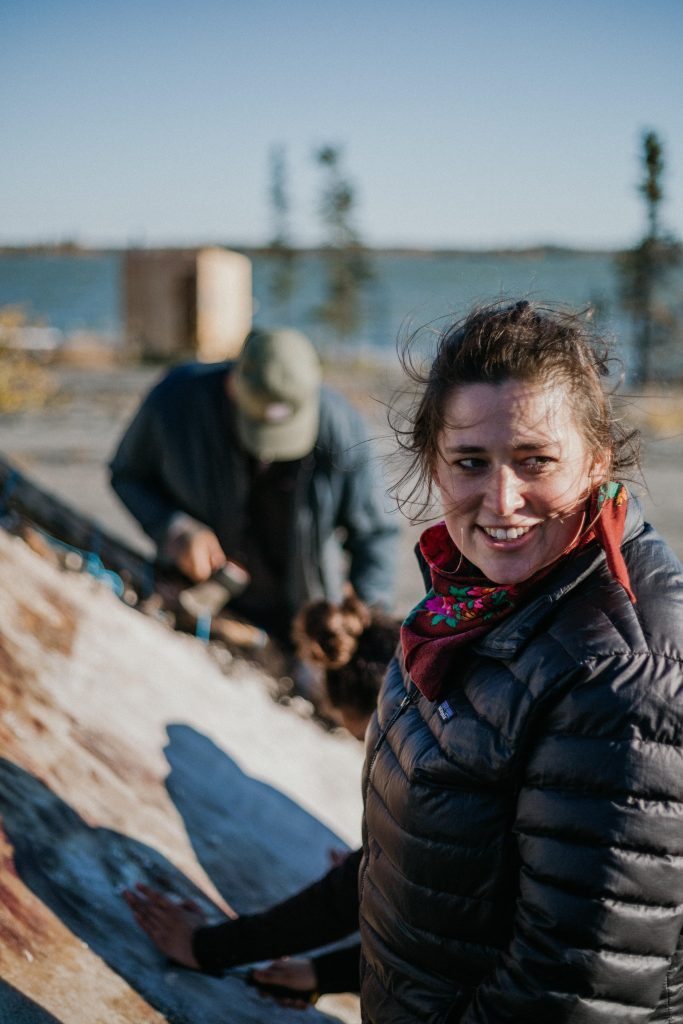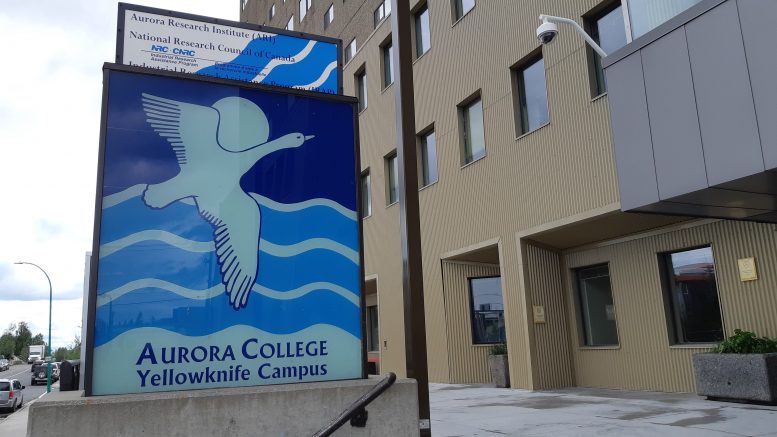If you rolled your eyes when hearing about a “task force” that’s looking into post-secondary education in the North, you’re not alone.
“I completely understand why people would have those feelings when reading the words ‘task force’,” says Kelsey Wrightson.
Wrightson is the executive director of the Dechinta Centre for Research and Learning and is part of the 13-person task force.
“All the taskforce members have spent a lot of time making sure that we’re structuring our engagement… to make sure that we’re hearing from the voices that don’t often get the opportunity to engage with the federal government,” she says.
So far, that includes launching a website where residents can sign up for in-person sessions (schedule to be determined), answer a survey and “tell your story.”
“We’re open to video submissions, we’re open to audiotapes, any kind of format that people are interested in engaging and sharing,” says Wrightson. “During their experiences of post-secondary education, and their vision for post-secondary education, the task force is absolutely equipped to start listening to what those are.”
Along with Wrightson, Malerie Bayha and Angélique Ruzindana Umunyana make up the NWT’s representation on the task force. Bayha is a pre-medicine student from Délı̨nę; Umunyana sits on the board of directors of the Collège Nordique Francophone.
Culturally-relevant and celebrating Indigenous knowledge
Last year, the Auditor General of Canada pinpointed several concerns across the NWT’s education system.
Asked whether a task force focused on post-secondary education was addressing issues too late, Wrightson said a positive post-education opportunity can trickle down to younger generations.

Kelsey Wrightson has been the executive director of the Dechinta Centre for Research and Learning for two years. (Photo by Morgan Tsetta; courtesy of Wrightson)
“You’re not just educating an adult student in post secondary, you’re also providing an opportunity for that student to then instill a love of learning and a commitment to learning in their children or in their family,” she said.
What those opportunities will look like in the NWT with the transition of Aurora College into a polytechnic university is still up in the air.
Yukon has made a similar transition, turning Yukon College into Yukon University. Two members of the task force have experience working with the revamped institution, especially its relation with Indigenous people.
Wrightson said there has not yet been much overlap between the task force and the transition team turning Aurora College into a polytechnic.
“We’re really hoping to engage with a broad swath of stakeholders, including folks that are involved in the transformation,” she said.
Following the engagement sessions, the task force will be responsible for coming up with recommendations on how to improve post-secondary education in the North.
Wrightson has already heard similar themes from the various regions.
“One of the most important things that I’ve heard is making sure that the programs are culturally-relevant, and are really supporting and celebrating Indigenous knowledge and brilliance,” she says. “The North is just a shining example of that.”
The first draft of the recommendations is expected next winter.





